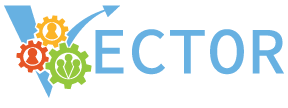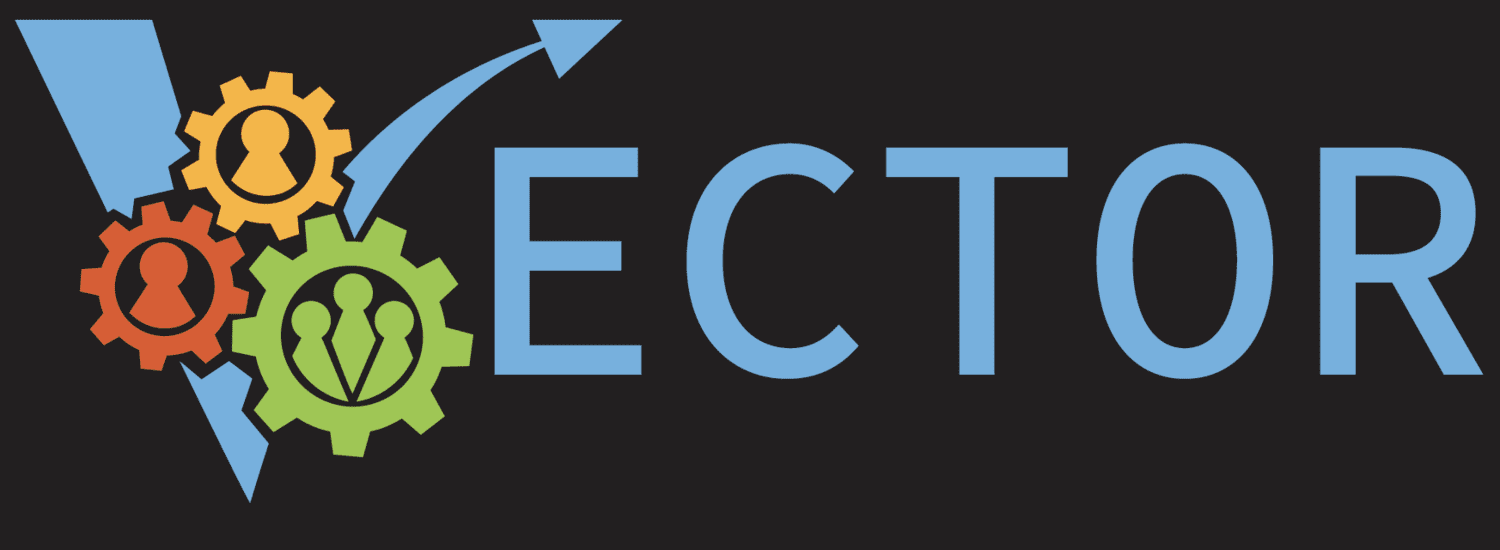Recent decisions by government and education officials to close school buildings and adopt plans for continuous learning have left teachers with the monumental task of rapidly moving to alternative modes of delivering their instruction to students. Some states and leaders have offered helpful guidance and recommendations about methods and tools to engage students from Preschool through high school, with a broad range of options to accommodate learners with vastly different needs and contexts. In the short term, it is important for educators to prioritize the basic tasks at hand: gathering materials, determining students’ needs, identifying resources, and planning alternative modes of instructional delivery for the next 2-3 months so that students can continue to learn.
Once instruction is initially up and running, however, it is important to recognize that teachers will need continuing support to plan, adjust instruction, and ensure their students are learning and thriving as much as possible, given the current circumstances. Recognizing this need compels us to share a research-based model for virtual coaching that is currently supporting educators throughout our state.
The VECTOR© Virtual Coaching Model was borne from the practical need to ensure all teachers, regardless of isolating factors, have access to excellent support from a collaborative partner. Our rural state of Kansas boasts wide open spaces that – while desirable for agriculture, wind farms, and livestock – can be isolating for educators. In order to improve access to high-quality collaborative coaching support for educators, we created a virtual coaching model. After a year of studying transcripts of coaching conversations, goal statements, teachers’ growth and perceptions of their students’ growth and learning, we developed a six-phase model for delivering virtual coaching support.
Below is a breakdown of the six phases of VECTOR©, and a brief explanation of what typically occurs during each of them. Keep in mind that while the model is presented in a linear fashion, and while it was designed based on how our team of virtual coaches moved through a virtual coaching cycle with their “coachees,” the model is intended to be flexible and we encourage users to move in and out of the phases as necessary, depending on coachees’ needs.
Verify Perspective
Examine Influence
Commit to Change
Take Action
Operationalize Performance
Reflect and Recommit
Verify Perspective: As with all work in the education field, relationships are a top priority when coaching virtually. Our research showed that when coaching is done virtually, coaches need to have a more intentional focus on building relationships and understanding their coachees’ contexts than they might have in an on-site coaching situation. On-site coaches share a context with those they coach. They see their physical space and tend to at least be aware of a building’s culture and the different personalities and political influences that drive day-to-day happenings. This is not necessarily true when coaching is done virtually.
In our current environment, teachers may be designing instruction from their kitchen tables, wrangling little ones and depending on nighttime hours to record lessons for their students, or trying to figure out how to care for an adult family member. It is vitally important that virtual coaches take time to understand and show empathy for everything teachers are dealing with at this time. Here are some ways our virtual coaches do this:
· Have teachers send you a video tour of their workspace, and you do the same. Better yet, do this in real time through Zoom or another virtual meeting platform.
· Have teachers think of an appropriate metaphor or simile to define their current orientation to virtual teaching, and explain it. “For me, virtual teaching is like ______ because______.” (e.g., a kitchen appliance, a grooming tool, a restaurant, etc.
Examine Influence: Teachers want great things for their students, and so they expect great things of themselves. Sometimes, this expectation of greatness can lead to overwhelming frustration and sadness if teachers believe they aren’t able to provide what their students need. If these feelings occur in face-to-face, traditional classroom settings (and we know that it does), it will certainly occur in novel, unfamiliar, unpredictable settings.
This phase of the VECTOR© Model is all about guiding teachers to recognize their sphere of influence, determine what factors they can and cannot control, and developing mental muscle around focusing on what can be impacted, while wisely diffusing (even if only mentally) barriers to achieving their goals for student learning. Here are some ways our virtual coaches do this:
· Have teachers determine (generally for now) what they want their students and themselves to accomplish in the next three months, then make a list of the things that are worrying or overwhelming them right now. Together, determine which concerns are truly going to get in the way of their goals for their students and themselves, and which concerns can be easily managed.
· When a concern is raised, ask “What are alternative ways to think about this?”
· If teachers are expressing fear, anxiety, or worry about something that has not happened yet, ask “What experiences have you had that make you believe this will happen?”
· Discuss potential limitations of remote or online learning, and the importance of setting high but realistic expectations for their students.
Commit to Change: At the heart of most coaching – personal coaching, athletic coaching, and of course, instructional coaching – is goal-setting. This phase encourages teachers to set a goal that is a DREAM:
Data-responsive
Relevant
Environment-aware
Attainable
Measurable
Virtual coaches can guide teachers through goal-setting with strategic questions, such as:
· Who can help support this change?
· What are the steps we will need to take to achieve this goal?
· When will we work on this?
· Where can we find materials to implement this?
· Why is this the most important thing to focus on right now?
· How will this impact student learning?
Take Action: Of course, goal-setting only impacts student learning if teachers take action. For our virtual coaches, this phase is all about supporting the change. This may mean modeling how something is done, helping teachers find resources that can be used as models, breaking down a big goal into more manageable pieces, and generally helping teachers gain a clear picture of what they wish to accomplish.
Virtual coaches can support progress in this phase by:
· Practicing or modeling a strategy with a teacher and discussing what works, what could work better, and ways to modify
· Asking questions like, “What variables could impact the ways students respond to this?” and “What are you envisioning students doing when you implement this?”
· Determining what student “products” will be used as data to determine success (student work samples, student participation in Zoom discussions, students’ self-reports on their mood or mental state, etc.)
Operationalize Performance: This can be an exciting phase for both coaches and teachers, when teachers make progress toward achieving goals they have set. Our VECTOR© Virtual Coaching program uses a coaching platform to facilitate collaborative sharing of videos, resources, and notes so that teachers can clearly see and talk with their coach about their progress and what they are seeing with their students. It is during this phase that teachers often get very excited about the impact their instructional goals and choices are making on students.
Here are some ways our virtual coaches support this phase:
· Celebrating progress with teachers each time you meet
· Asking questions based on teachers’ reflective thinking, such as, “You said your students responded well to this…say more about that. Why do you think it worked?” or “Are you seeing the change in student work samples that you were expecting to see? Why do you think that is?”
Reflect and Recommit: Reflection is a powerful tool for supporting teachers’ professional practice. In fact, we could probably place a small “R” after each and every letter of the VECTOR© Model because our virtual coaches are constantly dipping into reflection as they move through the other phases. However, we wanted to call special attention to the importance of these two actions by giving them their own special place in VECTOR©.
Especially during volatile times, clearly reflecting and recommitting to our collective and individual purposes as educators is vital to our success with students. Reflection and Recommitment could be focused narrowly or broadly, and most likely will be both. In a narrow sense, educators reflect on their progress around a specific goal they’ve set and either recommit to the same goal, or decide to shift their focus. In a broad sense (and perhaps more applicable in our current situation), educators may engage in more metacognitive reflection, thinking through how they are rethinking instructional practices to fit new contexts, reflecting on their mental or emotional state, and ultimately recommitting to their profession and their dedication to the students and families they serve.
Here are some ways virtual coaches can support reflection and recommitment:
· Discuss what has been most valuable and least valuable about an experience.
· Ask “What have you learned about yourself or your students during this time?”
· Celebrate victories, large and small.
· Discuss key learnings, and any changes in student learning the teacher has seen.
While teaching and coaching virtually may not have been in educators’ “best laid plans” this school year, our VECTOR©team can share good news with you. Our preliminary findings indicate that virtual coaching not only supports ongoing, personalized, job-embedded professional learning, but that in most cases, coaches and teachers prefer it to on-ground coaching support. In the three years of operating our virtual coaching system, our numbers of coaches and coachees has more than tripled.
Educators are notoriously resilient, and we look forward to looking back on this as another notch in our toolbelts of things we’ve endured and learned from. High-quality teacher support can – and needs to – continue through this crisis, and we invite you to use some of our key learnings to keep your coaching work alive.
Dr. Suzanne Myers is an Associate Researcher at the Center for Research on Learning at The University of Kansas. Dr. Marti Elford is an Online Faculty Member in the Department of Special Education at The University of Kansas. Dr. Amber Rowland is an Assistant Research Professor at the Center for Research on Learning at The University of Kansas. Dr. Xueqin Qian is an Assistant Research Professor at the Center on Developmental Disabilities at The University of Kansas.

